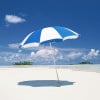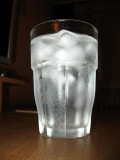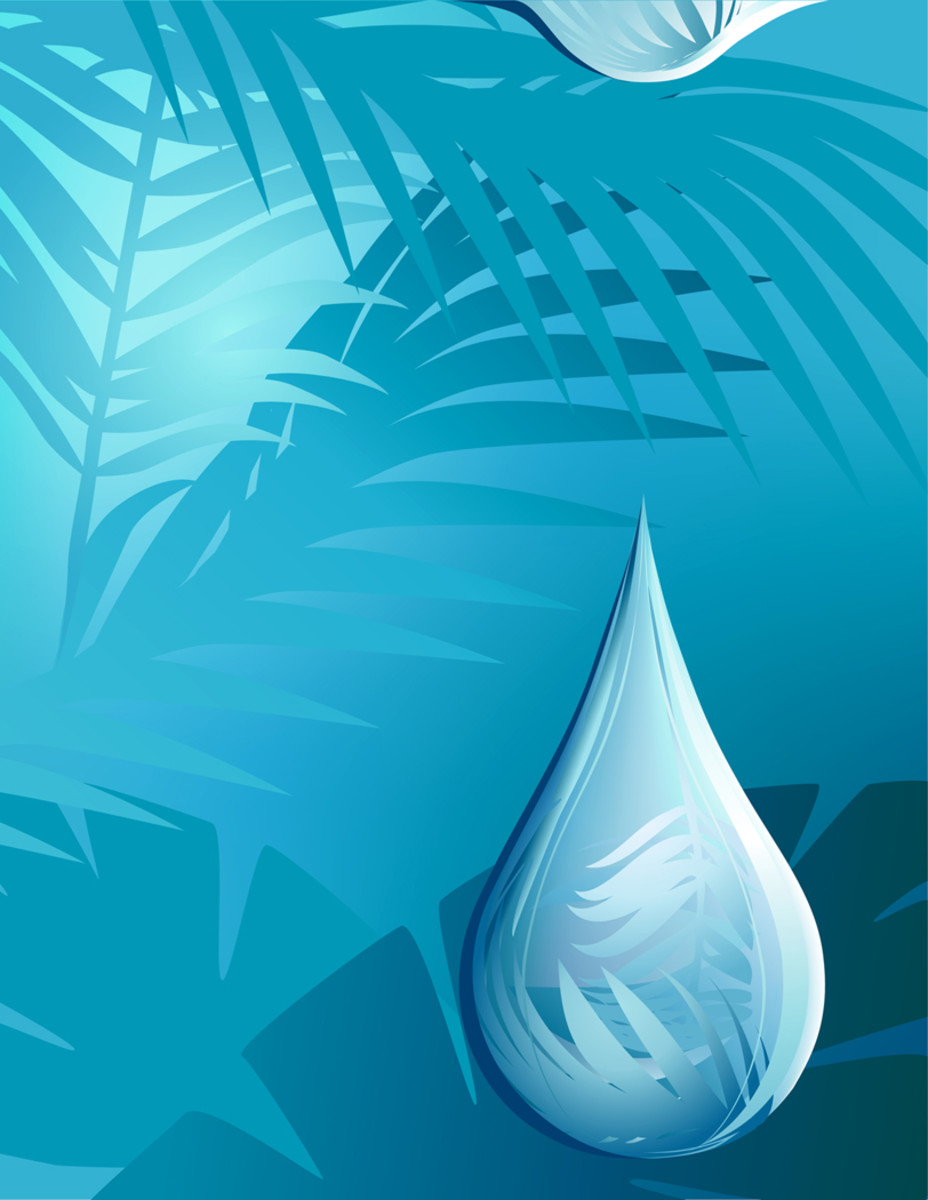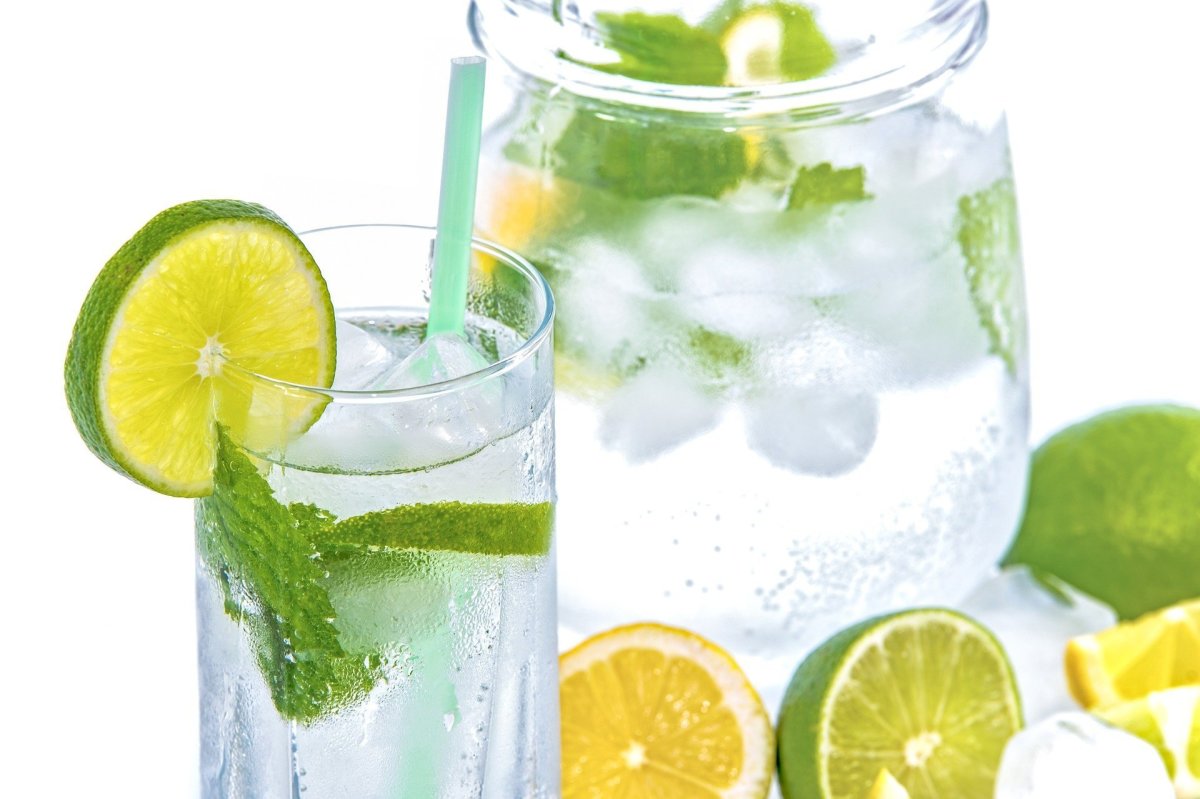How much water to drink in a day?
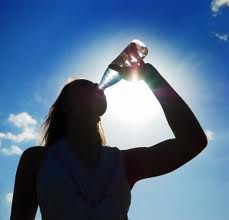
How much water to in a day drink?
How much water should a person be drinking each day? This question has been seen and asked numerous times. And this will continue to be asked because it’s a question that that has no well defined answer.
What Different Factors should be Considered when determining how much water to drink in a day?
The reason why is because it depends on different factors. Each of us has different needs and is under different medical conditions. And that is why the answer depends on your overall health, how active you are, and where you live (in a hot climate or cold climate).
First, you have to understand why water is crucial to your health. Did you know that water makes up about 60% of your body weight? Water is needed to flush toxins out of your body, carry nutrients to cells, and provides a moist environment for your ears, nose and throat.
Having a lack of water can cause dehydration. Dehydration can cause big problems in your body.
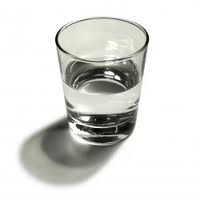
Do I drink eight glasses of water a day?
You’ve heard this before. Drink eight 8-ounce glasses of water a day. Or you may have heard of this “8x8” rule, which is the same thing. You’re just drinking 8 glasses of water. There is no clear answer other than OUTPUT. It is obvious that in order to output, you need to intake. So in this case, when thinking of output, it is recommended to be around 1.5 to 2.0 liters per day. This is only 6.3 to 8.4 cups (8-ounces each). If you are drinking this much per day, you are fine. But also remember, that not all of the output will be via your urine. During the day if you’re outside or doing stressful or hard labor types work, you will perspire and sweat via your skin. This is also considered output, but not counted in the amount calculated. To replenish this output via your skin, it’s recommended to drink more to make up for this loss. This brings us up to whether or not you should increase your water intake.

Factors that influence more water needs
Exercise
If you frequently exercise or engage in moderate to heave physical fitness, you may have to drink more water to replenish fluids lost via perspiration. This is extra fluid loss. It is recommended to drink an additional 1.5 to 2.5 cups (8-ounce cups) to make up for this loss. If you’re engaged in marathon running or exercise lasting more than 1-hour, you may need to use a sports drink such as Gatorade that contains sodium as this will help replace the lost sodium that had been sweated out. Even after the exercise, continue to drink fluids to replace what has been lost.
Environmental Factors
If you live in a hot or humid area, you may need more fluids. If you are constantly working outside in the sun or in a hot area, you need more fluids.
Illness or other health conditions
When you’re sick and have a fever, are vomiting or have diarrhea, your body loses fluids. It is important to drink more water in these situations. If you have a bladder infection, you’ll be asked to increase fluids. This is also to be said of kidney stones. It is important to flush out the kidney stone with fluids so it can quickly be excreted out of the body before more complications arise. This can sometimes be helped with additional medication.
Pregnancy and/or breastfeeding
Women need to stay hydrated if they are expecting or breastfeeding. There is a large amount of fluids that are being used when nursing a child.
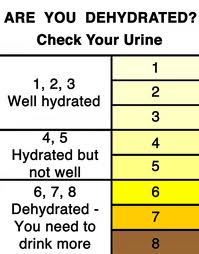
How do I know if I’m hydrated enough?
If you are drinking enough fluid that you rarely feel thirsty or your mouth rarely feels parched, then you are drinking sufficiently. If you know you produce roughly 1.5 liters (6.3 cups) of urine, then you’re fine. It is important to note, however, that your urine color does make a profound difference. If your urine is colorless (like water) or light yellow, you’re okay. You do not want to see your urine a darker yellow, brown, pink, or red. This is not good and requires immediate medical attention. You may have an infection or something else that is serious.
Helpful tips on staying hydrated
- Try to drink a glass of water with each meal you eat of the day. This should be easily done because it’s a natural time to drink. If you regularly consume around 16-ounces of fluid per meal, you are already at 48-ounces, which is 6-cups out of your 8 that is needed.
- Try to drink water throughout the day. Keep a handy water bottle near to you so you drink water.
- If you exercise, drink water before and after to replenish fluids that are lost via sweat and perspiration.
What is the best fluid to drink?
The best fluid to drink is WATER. If you can supplement with coffee, tea, fruit drinks, and citrus soda, you may also do so. However, depending on your situation, you may be asked to steer clear from coffee, tea, colas (due to phosphoric acid) and grapefruit or cranberry juice. I would highly advise to not drink any colas that are brown.
In conclusion
Lastly, you can drink TOO MUCH WATER. Though rare, this has happened and has caused death. When you drink too much, you throw off the natural balance of your body. If your kidneys are not able to flush out the excess water, your electrolyte balance is thrown off which will result in lower sodium in your blood. This is called hyponatremia. The best and easy way to know if you are hydrated or having adequate water/fluid intake is to look at your urine color. The lighter the color, such as water or lemonade, the better. And this means you’re very well hydrated. However, if it is darker, such as apple juice in color comparison, you need to start drinking more fluids.
